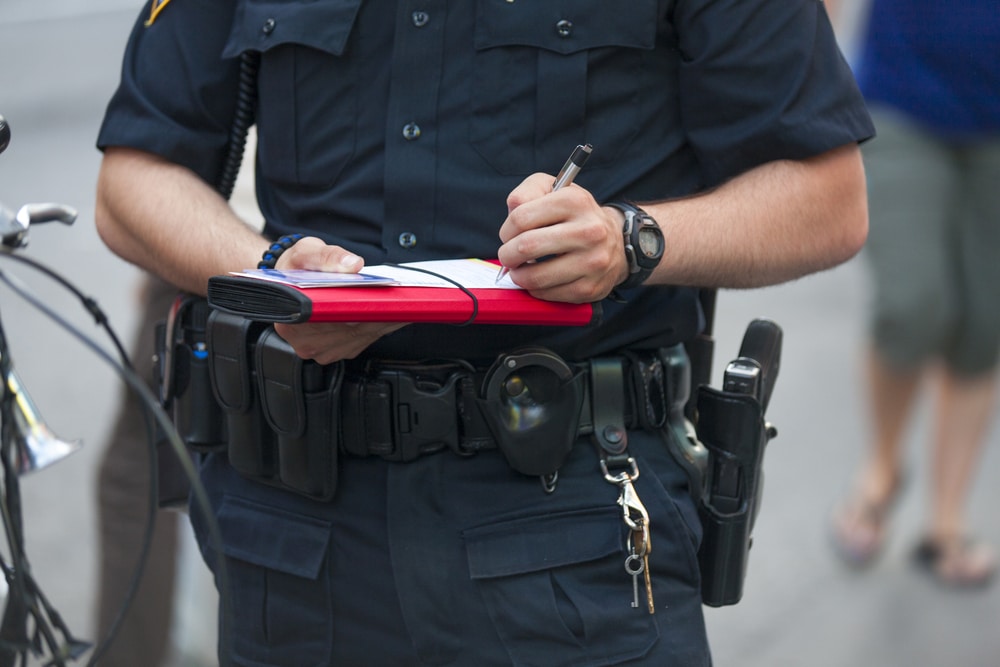When a driver is pulled over for speeding, police officers often ask the driver why he/she was speeding. This is an odd thing to do in New York and other states that have strict liability for speeding and other traffic violations.
Strict liability means it doesn’t matter if the driver has a rational explanation for speeding. Likewise, it also doesn’t matter if the driver even knew that he/she was going too fast. Simply put, if the facts show the driver was speeding, he/she is guilty of speeding and can be convicted.
So if the reason for speeding doesn’t matter, why ask?
The fact is any response to the question of “why” one was speeding is essentially an admission that one was speeding. This, in turn, can be used in court should the driver attempt to challenge the speeding ticket.
Of course, it is entirely possible that a person was speeding for a reason that seems valid, such as a medical emergency. Technically, this does not excuse the speeding, but officers have the discretion to let a driver go with a warning. However, it would be unwise to expect as much.
In other cases, an officer may just want to get a driver talking. This could be in order to stall for backup (if the car is listed as stolen or the driver has a warrant for his arrest). An officer may also be attempting to detect if there is a hint of alcohol on a person’s breath. If such situations are the case, one can expect many more questions to follow.
It may be tempting to give an explanation in the hopes of getting off with a warning, but there are wiser ways to respond.
One common response is, “I’m really not sure officer.” This is a generic response that avoids admitting guilt.
The other is to respond to the officer’s question with a question, such as, “would you like to see my license and registration?”, but that may agitate the officer if he thinks you’re trying to avoid answering the question.
No matter how one responds, it is best to be polite and never admit to committing a traffic violation. If the traffic stop does result in a ticket, be sure to contest it—paying a ticket means accepting a fine and points, the latter of which can result in additional fees or even a license suspension.




